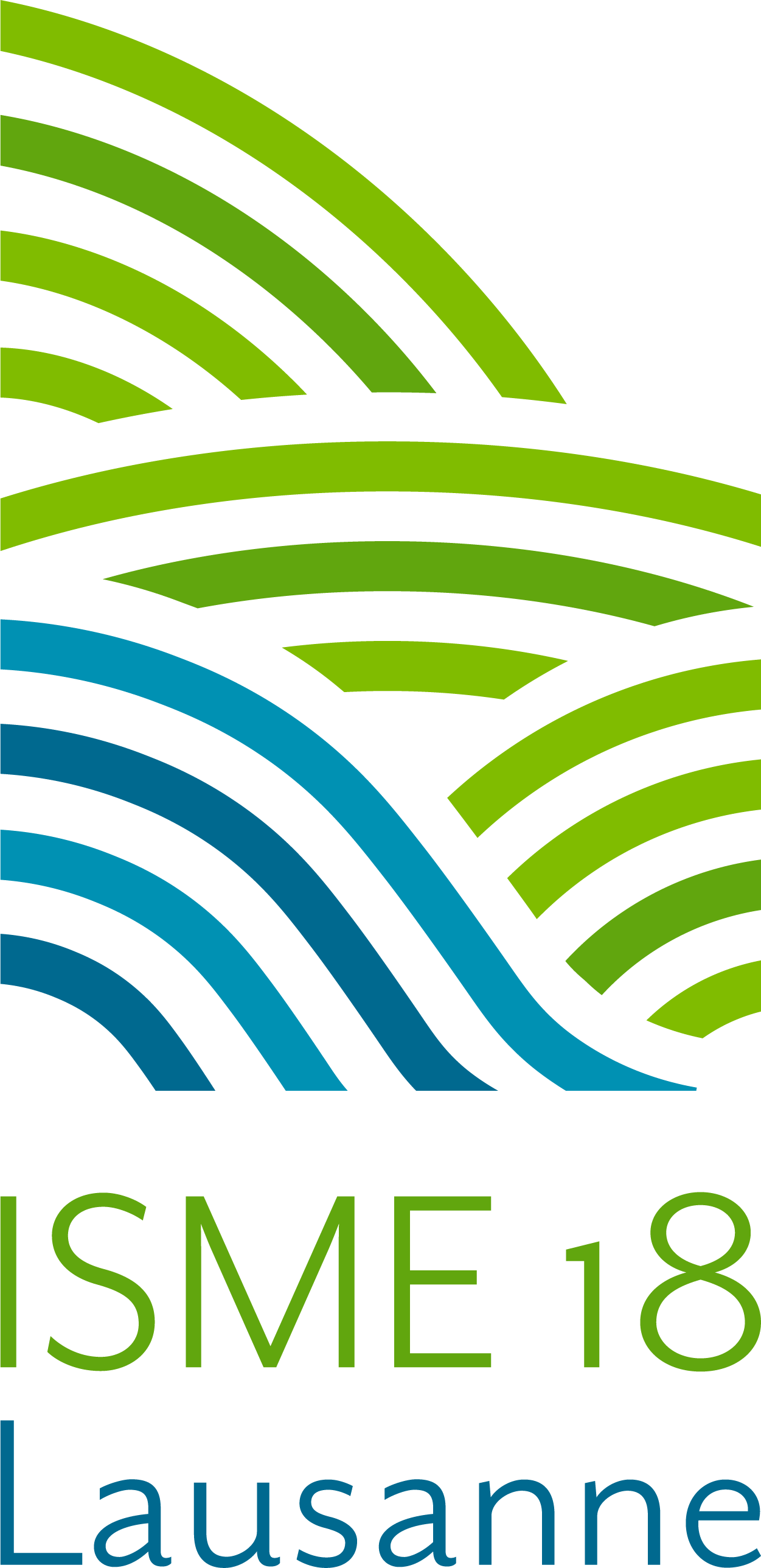This multidisciplinary PhD will sample freshwater and saline wetland sediment and characterise natural organosulfur cycling and related methane production. The student will be taught to use anaerobic microcosms and analytical techniques to quantify organosulfur compounds and climate-active volatiles. They will gain experience in isolating and characterising anaerobic microbes for their ability to catabolise DMSP and DMS and generate methane. The PhD will investigate how environmental conditions affect anaerobic organosulfur and methane cycling and the transcription of the key genes responsible. Finally, using molecular ecology tools and bioinformatics, the diversity, abundance, activity, and metabolism of microbes driving organosulfur cycling and related methane production in natural wetlands will be elucidated. There is scope for the PhD student to develop the project to their interests.
The student will be based in Murrell and Todd's laboratories at the University of East Anglia (UEA) and will spend time in Eyice's lab at Queen Mary University of London (QMUL); all labs are world-leading in methane and organosulfur cycling, and provide vibrant well-resourced environments to succeed. The student will present their data at national and international conferences and receive expert training in sediment biogeochemistry, molecular microbiology, microbial ecology and bioinformatics.
